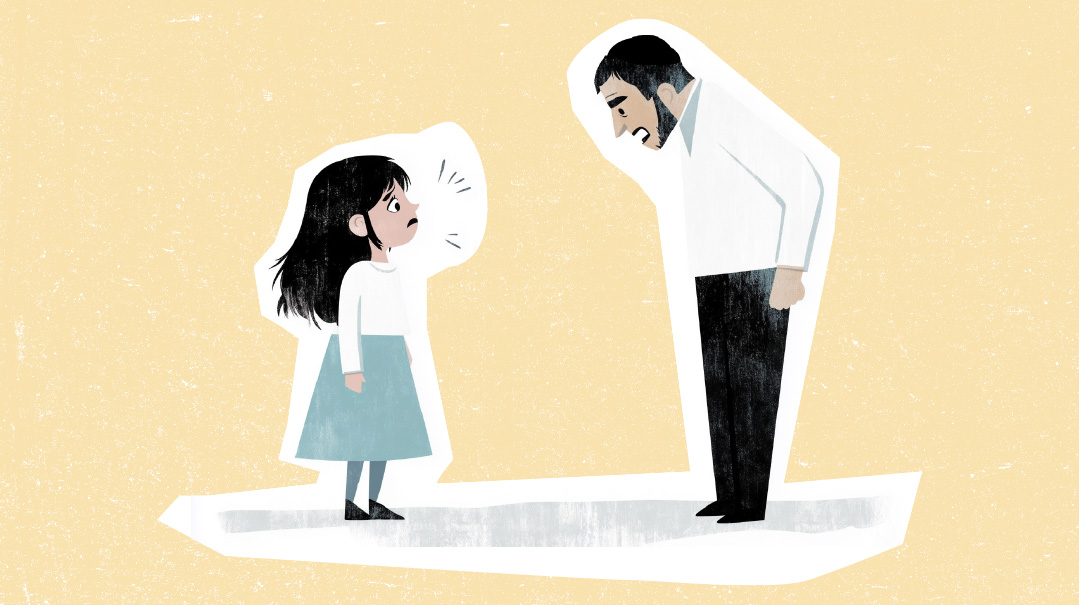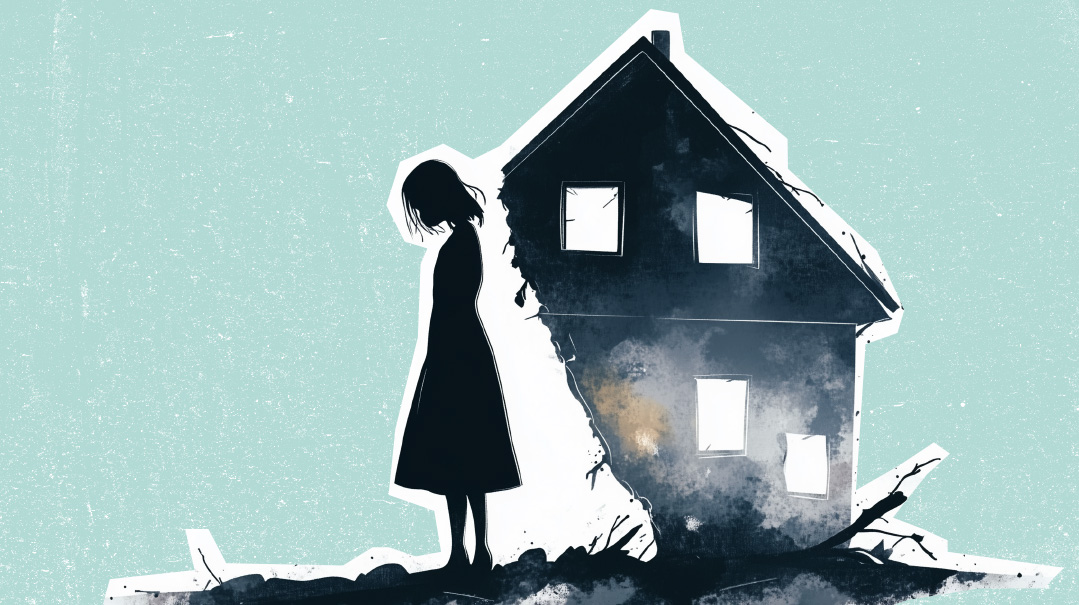“When Do We Give Up and Get Divorced?”

Marital commitment requires seeing the bigger picture, way beyond how much we like our spouse

Q
In a recent article, you reviewed a book about a woman who describes her husband as a wonderful man. He happened to also have severe anger management issues. You explained that people and marriages are complicated and in a lifelong marriage one accepts the difficulties along with the positive qualities. My question to you is: At which point does negative behavior become so unacceptable as to warrant the breakup of a lifelong marriage? At which point (if ever) do we stop excusing it as merely part of normal ebb and flow of relationships and end it?
A
Let’s start with the simple, straightforward answer: When determining if a bad marriage is divorce-worthy, we need to consult a rav. It’s Hashem Who determines when marriages should be disbanded. If it were up to us, the divorce rate in the community would be the same as it is in the secular world— around 60 percent.
People who look at marriage solely from the point of view of whether or not they’re “in love,” “compatible,” or “happy,” will not generally be able to sustain a lifelong marriage. After all, people change over the course of a lifetime, and even to begin with, they have faults and difficult personalities. It’s hard to continuously like and love another person, particularly when the years have seen an accumulation of misunderstandings, struggles, disappointments, frustrations, and painful wounds.
Marital commitment requires seeing the bigger picture, way beyond how much we like our spouse. The concept of building a bayis ne’eman b’Yisrael includes a spiritual dimension to the relationship that is larger than the couple itself. A marriage is worth fighting for because it holds not only a man and wife, but also their children, their people, their way of life, and their Creator. Because of the enormity of the project called marriage, committed partners work throughout their lives to learn to tolerate each other, accept each other, appreciate each other, enjoy each other and, ultimately, love each other.
Having said this, it’s a sad fact that not all marriages can or should endure. Although consultation with the rav is necessary in every case, we do know that divorce is a solution for marriages characterized by abuse of various kinds.
You’re unclear as to which sort of behavior would qualify as unacceptable enough to warrant divorce, so I’ll mention some of the things we marriage counselors tend to see. Physical violence and immoral behaviors are inconsistent with marriage. Once we get past these highly destructive behaviors, the waters become muddy. You speak of “negative behavior” that becomes unacceptable. There are plenty of negative behaviors that spouses engage in such as excessive criticism, verbal abuse, addictive activities, various types of abandonment and emotional neglect, irresponsible behavior, lack of grooming, and much more. When does any of this become intolerable? It depends.
Everyone has a different boiling point. What is too much for one person to bear may be tolerable (albeit displeasing) to another. A person who suffered neglect and abandonment in childhood may find the lack of appropriate attention from her adult partner to be excruciating, eating away at whatever small sense of self she managed to eke out of her traumatizing childhood experience.
However, the same paltry amount of attention might actually work for a different type of woman — one who finds comfort and satisfaction in solitude due to her nature or her reaction to her own childhood experiences. When a person is severely triggered by their partner’s inadequacies, the pain may prompt either blame or therapeutic investigation. Sometimes, a person will go to therapy to explore the anguish she experiences in marriage and/or to assess whether divorce is an appropriate solution for her. In the process, she may discover that, although her husband’s subpar marital behavior is a real thing, her personal anguish has more to do with her than with him. Therapy may help her heal her particular vulnerabilities that have made the pain intolerable. When this is accomplished, she may be able to compassionately accept her husband’s limitations, seeing and appreciating his strong points more clearly or even for the first time. Because of this possibility, I’d recommend that anyone considering divorce should first seek psychotherapy.
There’s another step that one can take before throwing in the towel and that is grieving. There are some unpleasant spousal behaviors that will never go away and that will continue to cause upset and pain. Truly grieving over the disappointment — coming to terms with the sadness and loss that the behavior represents — sometimes provides enough relief that the marriage can continue nonetheless. Psychotherapy, grieving, and consultation with a rav will help a person identify the next step in their marital journey.
(Originally featured in Family First, Issue 906)
Oops! We could not locate your form.





